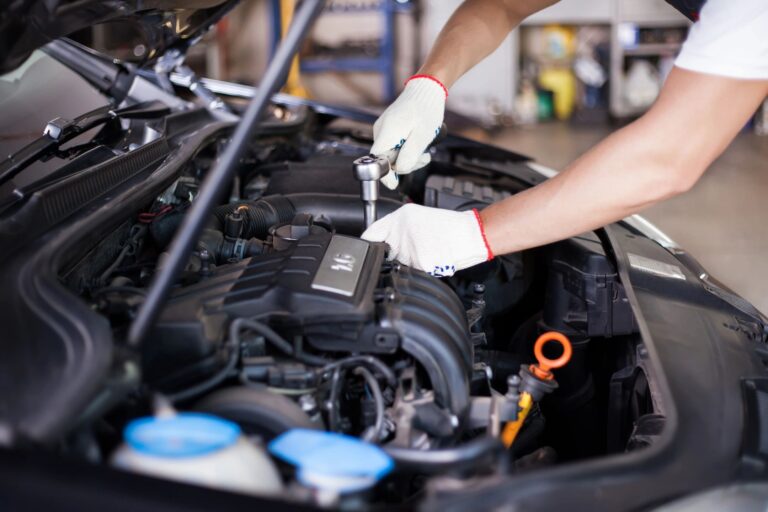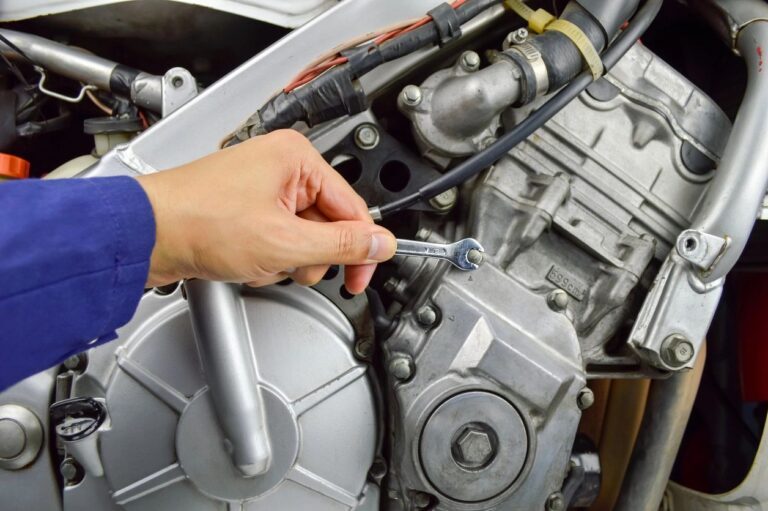Faulty wiring in a vehicle can lead to a range of issues, from minor inconveniences to severe safety hazards. Since the electrical system controls various components, including lights, ignition, and safety features, identifying and addressing faulty wiring promptly is essential.
Common Signs of Faulty Wiring
- Intermittent Electrical Problems
Flickering lights, malfunctioning windows, or inconsistent operation of any electrical component can be signs of loose or corroded wiring. Electrical systems rely on a stable connection, and any break in the circuit can cause these intermittent issues. - Blown Fuses
If you’re frequently replacing fuses, it may indicate a short circuit due to damaged wiring. Blown fuses are a protective measure, stopping an overload that could damage components or even cause a fire. - Burning Smell or Visible Scorch Marks
A burning smell often indicates overheating in the wires, usually due to exposed or frayed sections that generate heat. Scorch marks around wires or on fuse boxes signal potentially dangerous wiring issues. - Dead Battery
Faulty wiring can lead to a parasitic drain on the battery, causing it to lose charge even when the vehicle is off. If you’re experiencing frequent dead batteries, poor wiring or grounding may be the culprit. - Difficulty Starting the Vehicle
Since the ignition relies on electrical connections, faulty wiring can make it hard for the car to start, or cause it to stall after starting. Loose connections, especially around the battery terminals or starter, are common causes.
Causes of Faulty Wiring
- Wear and Tear: Over time, wiring insulation can crack, fray, or deteriorate, particularly in areas exposed to heat, moisture, or friction.
- Rodent Damage: Wires can be chewed by rodents, leading to exposed and damaged wiring.
- Poor Installation: Aftermarket installations, like sound systems or lights, can sometimes be poorly installed, leading to unstable connections or excessive power draw.
- Corrosion: Moisture, particularly in colder climates where salt is used on roads, can cause connectors and wiring to corrode, impacting the circuit.
Addressing Faulty Wiring
For safety, it’s best to have a certified mechanic inspect any wiring issues. They can identify and replace damaged sections, check grounding points, and secure any loose connections. Routine electrical system maintenance can prevent wiring issues and keep components running smoothly.
Faulty wiring should be addressed as soon as possible, as it can lead to costly repairs or even pose fire hazards if left unchecked.



